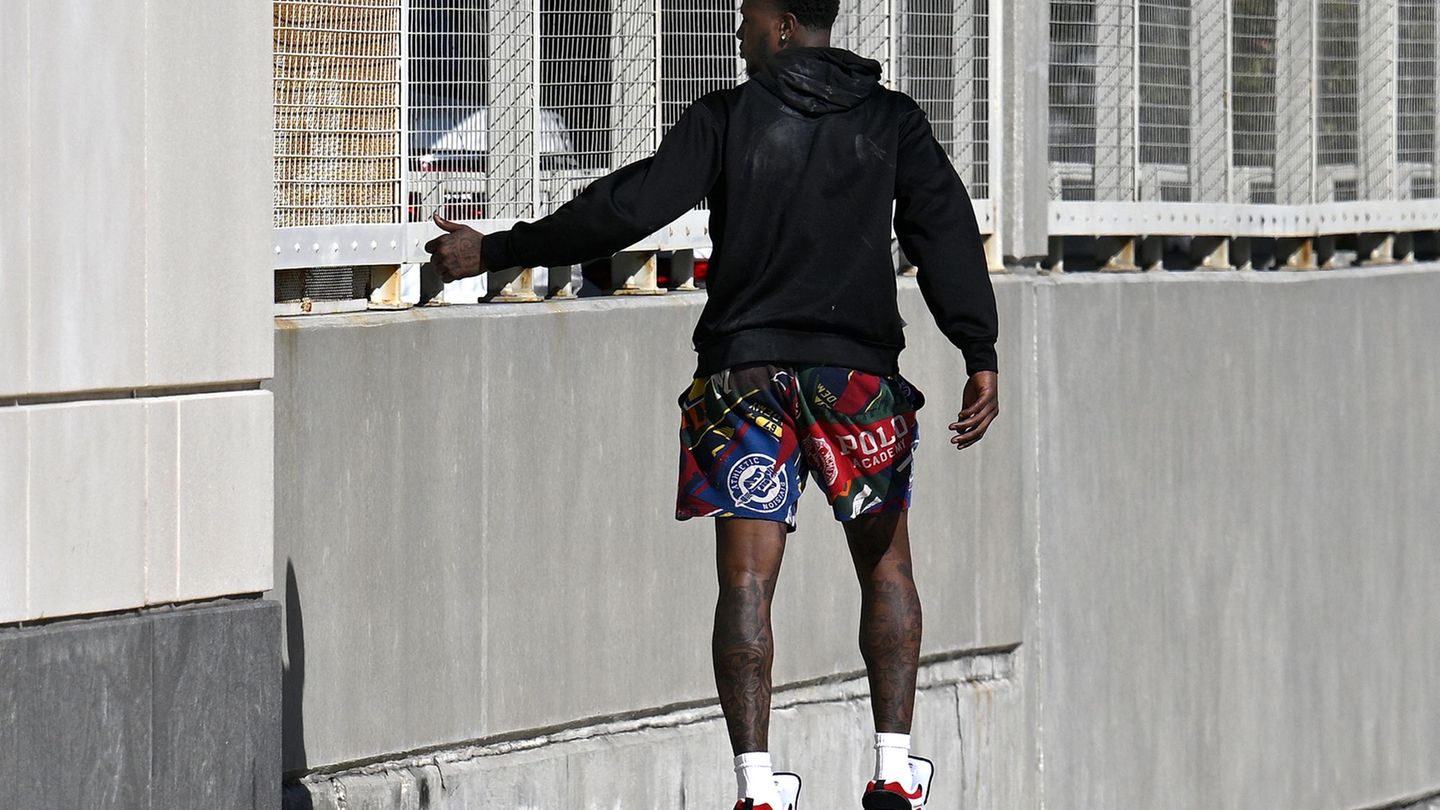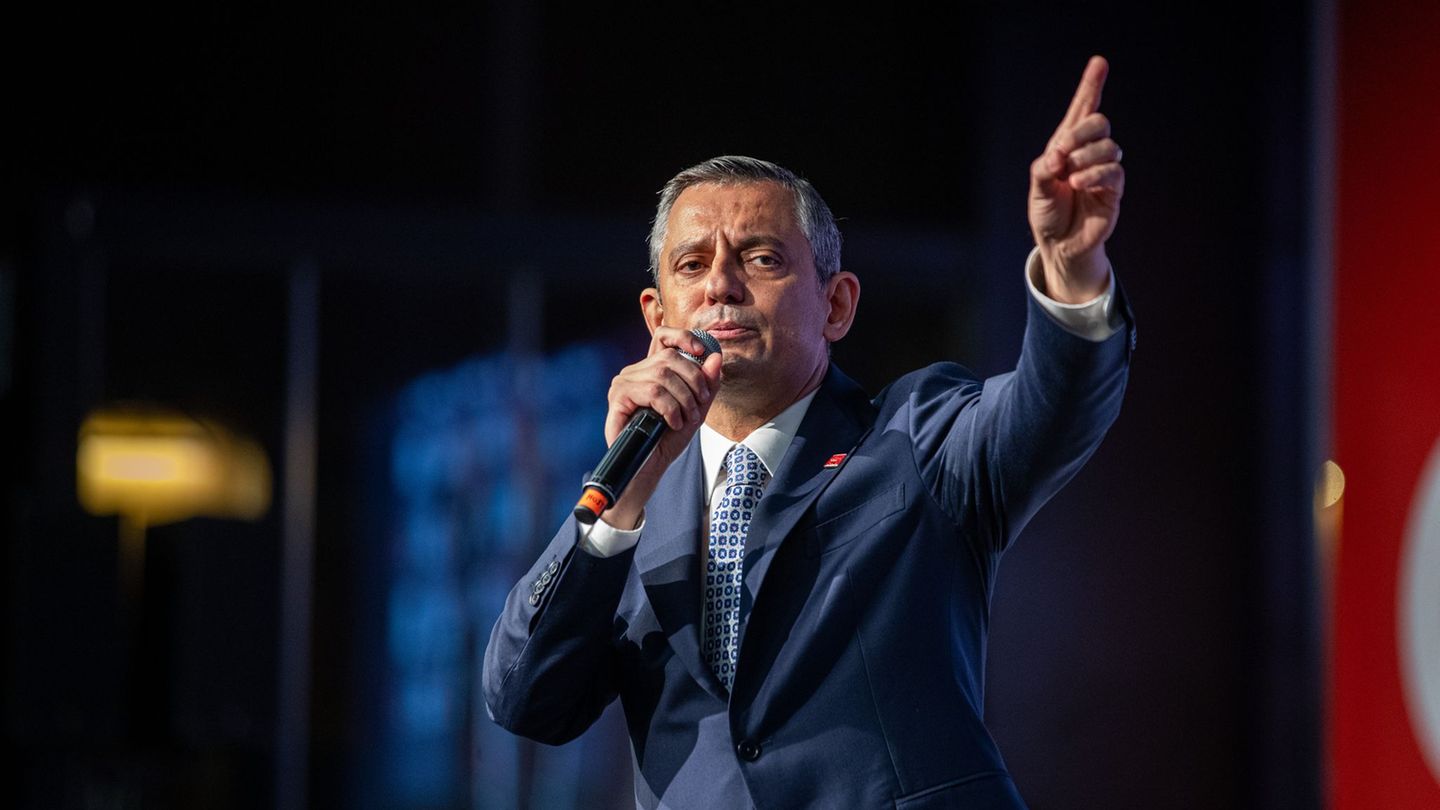I have been working in the news industry for over 6 years, first as a reporter and now as an editor. I have covered politics extensively, and my work has appeared in major newspapers and online news outlets around the world. In addition to my writing, I also contribute regularly to 24 Hours World.
Menu
Trade and geopolitics: China’s head of state Xi starts a trip to Europe
Categories
Most Read
Security policy: Japan’s head of government accelerates defense expansion
October 24, 2025
No Comments
Donald Trump ends trade talks with Canada because of commercial
October 24, 2025
No Comments
Donald Trump: Bonn judge calls his politics “right-wing extremist”
October 24, 2025
No Comments
Bundeswehr: Can only conscription save the troops?
October 24, 2025
No Comments
Suspicion of extremism: IS sympathizer is said to have shot at cars – arrest warrant
October 24, 2025
No Comments
Latest Posts

FBI investigations: betting manipulation, poker fraud, mafia: scandal shakes NBA
October 24, 2025
No Comments
PierceI am Pierce Boyd, a driven and ambitious professional working in the news industry. I have been writing for 24 Hours Worlds for over five

From sharing karting with Colapinto to being one step away from Formula 1: the story of Nicolás Varrone
October 24, 2025
No Comments
October 24, 2025 – 07:15 The Argentine who will race in F2 and his great relationship with the Alpine driver in Formula 1, a category

Pressure on the opposition: Turkish opposition leader remains in office
October 24, 2025
No Comments
IvanI have been working in the news industry for over 6 years, first as a reporter and now as an editor. I have covered politics
24 Hours Worlds is a comprehensive source of instant world current affairs, offering up-to-the-minute coverage of breaking news and events from around the globe. With a team of experienced journalists and experts on hand 24/7.

